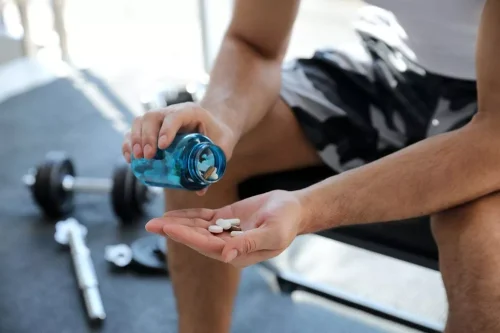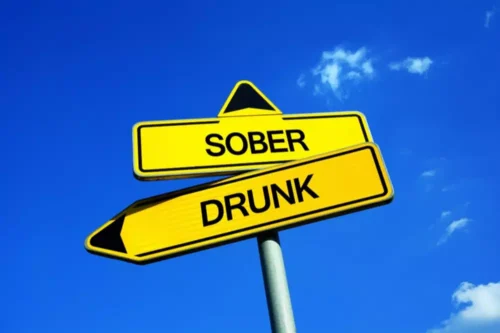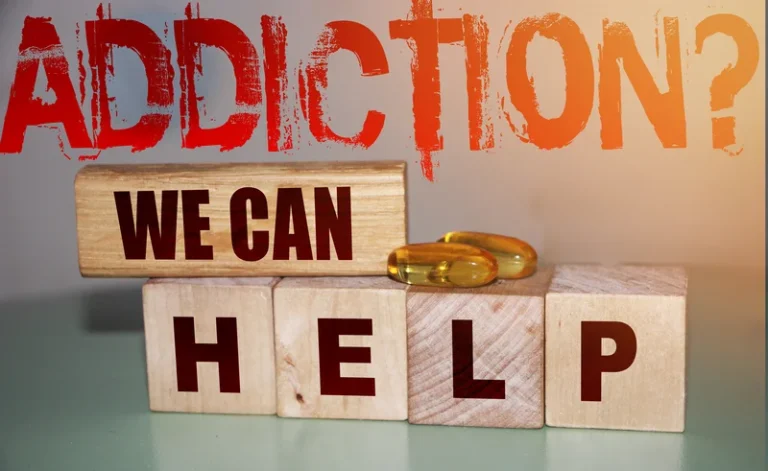
Try to remain neutral and don’t argue, lecture, accuse, or threaten. When you’re craving alcohol, there’s a tendency to remember the positive effects of drinking and forget the negatives. Remind yourself of the adverse long-term effects of heavy drinking and how it won’t really make you feel better, even in the short https://ecosoberhouse.com/ term. Build a sober social network – If your previous social life revolved around alcohol, you may need to make some new connections. It’s important to have sober friends who will support your recovery. Try taking a class, joining a church or a civic group, volunteering, or attending events in your community.
Are You Feeling Suicidal?
But maybe you’re unsure about quitting completely and don’t want to hold yourself to that goal. Knowing why you drink is essential, says Cyndi Turner, LCSW, LSATP, MAC, a Virginia therapist specializing in addiction treatment and alcohol moderation. Learn more about the health effects of drinking alcohol here. Pre’s are a celebration among grown-up parents and almost-grown-up kids. Alcohol isn’t mandatory, but like most big celebrations it’s perfectly appropriate when consumed responsibly. Pre’s are a cocktail party, and cocktail parties don’t make much sense without cocktails.
- Milder cases — when people abuse alcohol but aren’t dependent on it — are as well.
- Couples and family counseling incorporates spouses and other family members in the treatment process and can play an important role in repairing and improving family relationships.
- AAC is recognized as a leading provider of alcohol detox and rehab.
Peer Support

Cravings can persist for some time, even after achieving sobriety. However, with consistent effort and the implementation of effective coping strategies, the intensity and frequency of cravings often diminish over time. Counseling also provides a safe and supportive space to talk about your struggles without judgment or stigma.

How To Quit Drinking Alcohol
- For this reason, it is a good idea to talk to a doctor about the best way and the best place to quit a substance.
- This rare, emergency condition causes dangerous changes in the way your brain regulates your circulation and breathing, so it’s important to get to the hospital right away.
- Ask different programs if they offer sliding-scale fees—some programs may offer lower prices or payment plans for individuals without health insurance.
No matter how complicated and difficult the process towards full recovery may seem, change is possible. Remembering, replacing, and re-engaging are three tools on your personal road to overcoming the struggle. If negative thoughts are coupled with the urge to drink, then positive thoughts should be connected with action. Finding a stress outlet to replace the tendency to drink can greatly aid your recovery. Exercise or various relaxation techniques can help you move towards positive change.

If you slip, return to your plan.
- Just remember that there is no single approach that works for everyone.
- Family and friends can provide encouragement and support when you stop drinking.
- It may even help if you spend time with other nondrinkers for a while so you can support each other.
They can encourage you to stay sober and help you findother healthy ways to have fun. There are many different options and resources that can help you learn how to quit drinking. Just remember that there is no single approach that works for everyone.
You may have lost touch with old friends and loved ones, and changing your behavior may make it difficult to spend time around people who are still using substances or engaging in certain behaviors. But finding people who support your recovery can be very helpful and may improve your outcomes. Your health care provider or mental health how to overcome alcoholism provider will ask additional questions based on your responses, symptoms and needs. Preparing and anticipating questions will help you make the most of your appointment time. A person can use various strategies to help them stop drinking alcohol. It is helpful for individuals to understand their motivations and goals behind it.
But that advice changes if you’re living with alcohol use disorder. Whether you’re sober curious, know for sure you’re ready to quit, or fall somewhere in between, Dr. Streem shares advice for how to stop drinking. If you’re living with alcohol use disorder (also known as alcoholism), you’ll likely benefit from additional medical interventions. Talk with a healthcare professional if you’re concerned you may experience detox symptoms when quitting drinking or cutting back. You don’t need to be diagnosed with alcohol use disorder in order to quit drinking.
When addressing drinking problems, it’s important to also seek treatment for any accompanying medical and mental health issues. Just as some people with diabetes or asthma may have flare-ups of their disease, a return to drinking can be seen as a temporary setback to full recovery and not as a failure. Seeking professional help can prevent a return to drinking—behavioral therapies can help people develop skills to avoid and overcome triggers, such as stress, that might lead to drinking.

Alcohol Addiction Coping and Recovery
It requires a lot of time, effort and mental energy.Some people can decide to quit drinking and do it without help. If you’re reading this page, you probably aren’t oneof those people. Alcoholic support groups, such as Alcoholics Anonymous, provide free help for people struggling to quit drinking. Peoplewith minor alcohol problems or people who have already received treatment for moderate or severe alcohol problems usuallybenefit from AA.